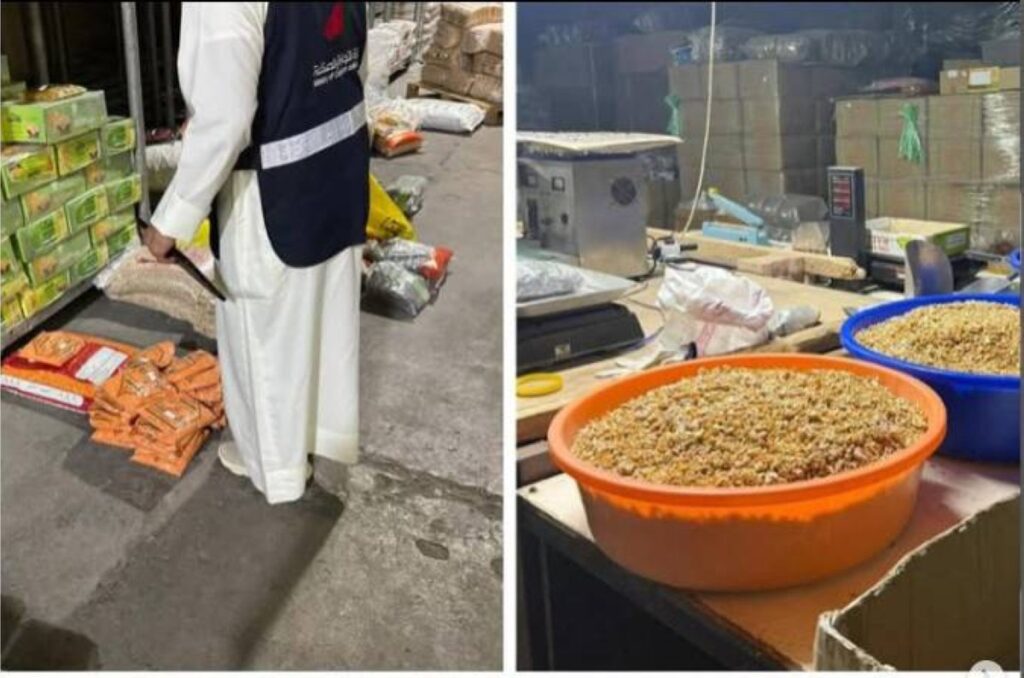Authorities uncover mislabeling in Shuwaikh • Some call for public naming of violators
KUWAIT: Kuwaiti authorities have seized more than 23 tons of mislabeled food products in a major operation targeting a warehouse in the Shuwaikh Industrial Area, the Ministry of Commerce and Industry announced Sunday. The warehouse, operated by a local food company, was found altering country-of-origin labels and tampering with expiration dates on dried shrimp, nuts, spices, and legumes. The inspection was carried out in cooperation with the Public Authority for Food and Nutrition and revealed multiple violations of consumer protection laws. The ministry confirmed that legal measures are underway against the company, reiterating its commitment to intensifying inspection campaigns in markets and storage facilities across the country.

A persistent problem
While the seizure is recent, the underlying issue is not. Kuwait has battled food safety violations for years, but authorities have observed a shift in where and how food fraud occurs. Previously, the main concern was the importation of spoiled or substandard goods through land, sea, and air ports. However, stricter border controls and tougher import regulations have pushed illicit practices inward — into local warehouses, storage basements, and some restaurants. This trend was already documented as early as 2017, when municipal officials reported daily violations involving: Expired or spoiled food stored in unhygienic conditions; food items stacked near chemicals and detergents; falsified expiry dates; and restaurants sourcing cheap, near-expiry items for cooking. One official at the time noted that many violators were not major distributors but rather small-scale warehouse operators and restaurant suppliers with limited knowledge of proper storage, safety, and food handling standards.
Name and shame
News of the latest seizure sparked anger on social media, where some people called on authorities to reveal the name of the violating company. “Publish the company’s name and location so it serves as a lesson to others with bad intentions,” one commenter wrote on the commerce ministry’s Instagram account, echoing several similar posts demanding transparency and accountability. Many users compared the situation to practices in other countries where companies involved in food fraud are publicly identified, interviewed, or prosecuted. The lack of public disclosure in Kuwait, critics argued, weakens deterrence and leaves consumers vulnerable. The Ministry of Commerce said it remains committed to safeguarding food safety through active monitoring, enforcement, and legal prosecution of violators. — Agencies

